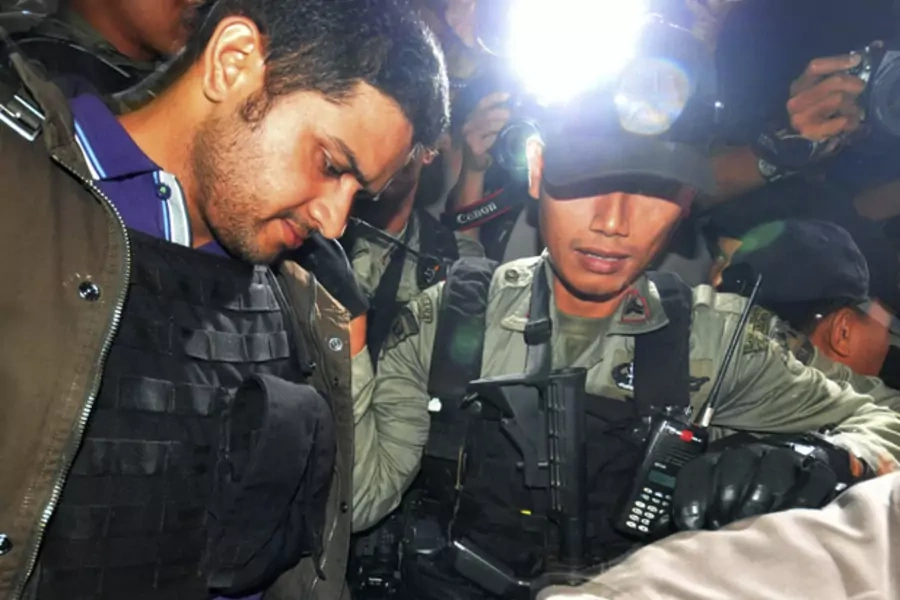Can the Bloom Return to Indonesia’s Democracy?

More on:
Months of revelations of alleged scandals of major figures in President Susilo Bambang Yudhoyono’s Democratic Party has slowly but surely dragged down public opinion in Indonesia of the government, and largely destroyed SBY’s second term. Though SBY himself is still seen by most people as personally honest —a rare commodity in Indonesian politics — that view of him as an exception is coming to matter less and less, as the public increasingly sees him as so indecisive and captured by corrupt, old-fashioned allies, that whether or not he is personally clean becomes relatively unimportant. The case of former party treasurer Muhammad Nazaruddin, accused of widespread corruption in contracts for construction of last year’s Southeast Asian Games in Indonesia, has been a disaster for SBY, and for governing in Indonesia. One drip after the next of scandal comes out, and though Nazarruddin is hardly the most believable figure in the world, many of his stories jibe with other accounts of corruption in the Democratic Party, and among top ministers.
Little wonder then — that because SBY was promoted (and promoted himself) as a different kind of leader, one who would stabilize the government after two up-and-down presidencies, and would make a break from patronage politics — that dissatisfaction is rife. Polls now consistently show that many Indonesians believe the country was better off under the dictatorship of Suharto, and one recent poll showed that, if SBY could run again for a third term, only around 17 percent of Indonesians would vote for him. Support for his Democratic Party is plummeting too. Such findings suggest that, though the second term still has a long way to go, SBY is essentially a lame duck now, and if he acted slowly and sometimes weakly before, even after winning a strong mandate for re-election, one can only imagine how he will act now that he has lost public support and his party is reeling as well.
Worse, there does not appear to be anyone to run in the next election, in 2014, who can put reforms back on track and also win a sizable percentage of the vote. Instead, the probable field is crowded with old-style patronage politicians and former military leaders with very questionable rights records. Given a long lame-duck period by SBY, and then possibly a retrograde next president, Indonesia’s many successes of the early and mid-2000s could be in danger.
More on:
 Online Store
Online Store